10 Best Herbal Lotions For Gum Infection
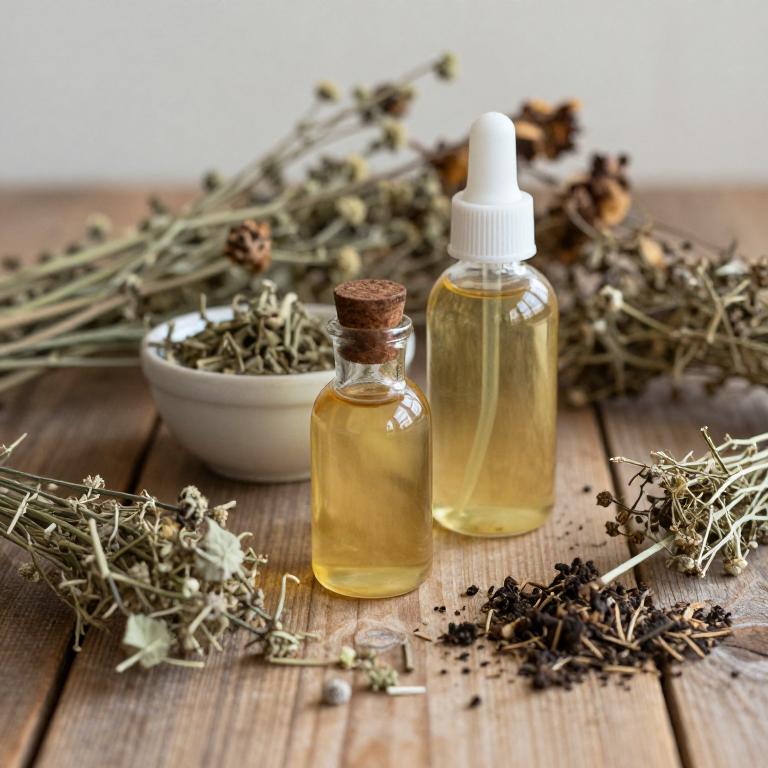
Herbal lotions can be a natural alternative for soothing and treating gum infections due to their anti-inflammatory and antimicrobial properties.
Ingredients like tea tree oil, chamomile, and calendula are commonly used in these lotions for their ability to reduce swelling and kill bacteria that contribute to gum disease. Applying a herbal lotion directly to the affected gums can help alleviate pain and promote healing without the use of harsh chemicals. However, it is important to consult a dentist before relying solely on herbal treatments, as they may not address more severe infections.
While herbal lotions can complement traditional dental care, they should not replace professional treatment for persistent or advanced gum issues.
Table of Contents
- 1. Salvia (Salvia officinalis)
- 2. Aloe vera (Aloe barbadensis)
- 3. Echinacea (Echinacea purpurea)
- 4. Ceylon cinnamon (Cinnamomum zeylanicum)
- 5. St. john's wort (Hypericum perforatum)
- 6. Ginger (Zingiber officinale)
- 7. Rosemary (Rosmarinus officinalis)
- 8. Marigold (Calendula officinalis)
- 9. Bloodroot (Sanguinaria canadensis)
- 10. Thyme (Thymus vulgaris)
1. Salvia (Salvia officinalis)

Salvia officinalis, commonly known as sage, has been traditionally used for its antimicrobial and anti-inflammatory properties, making it a valuable ingredient in herbal lotions for gum infections.
These lotions often contain extracts of sage leaves, which can help reduce bacterial growth and soothe inflamed gum tissues. The natural compounds in sage, such as thujone and rosmarinic acid, contribute to its ability to combat periodontal pathogens. Using sage-based herbal lotions can be a gentle and natural alternative to conventional treatments for mild gum infections.
However, it is important to consult with a dental professional to ensure proper care and treatment for more severe cases.
2. Aloe vera (Aloe barbadensis)
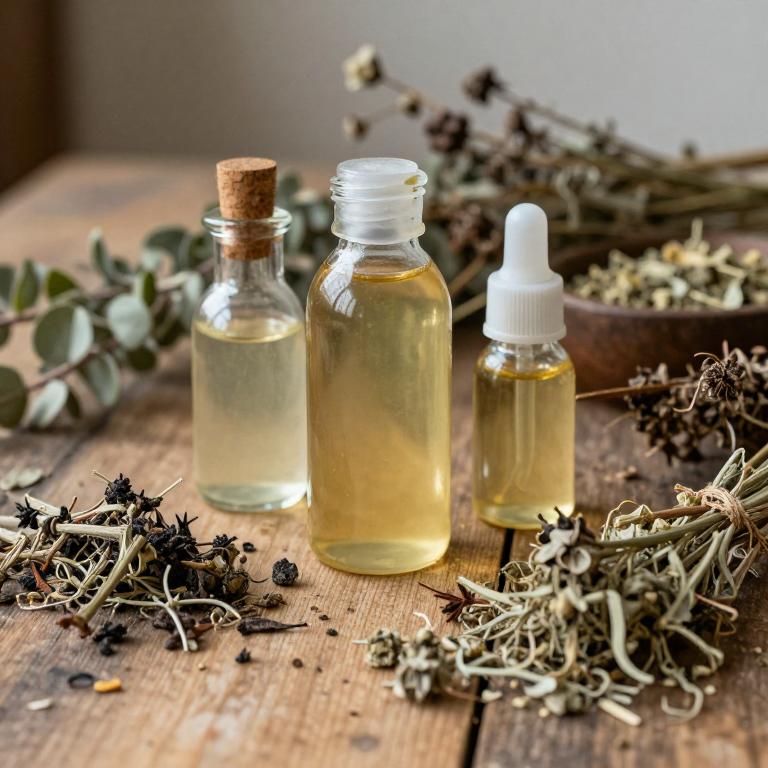
Aloe barbadensis, commonly known as aloe vera, has been widely used for its soothing and healing properties, making it a popular ingredient in herbal lotions for gum infections.
These lotions often contain aloe vera gel, which possesses anti-inflammatory and antimicrobial qualities that can help reduce swelling and combat bacterial growth in the mouth. When applied topically to the gums, aloe-based lotions may provide relief from irritation and promote faster healing of inflamed or infected gum tissue. Additionally, aloe vera is known for its ability to moisturize and protect the delicate oral tissues, enhancing overall oral health.
However, it is important to consult with a dental professional for persistent or severe gum infections, as herbal treatments may not replace necessary medical care.
3. Echinacea (Echinacea purpurea)
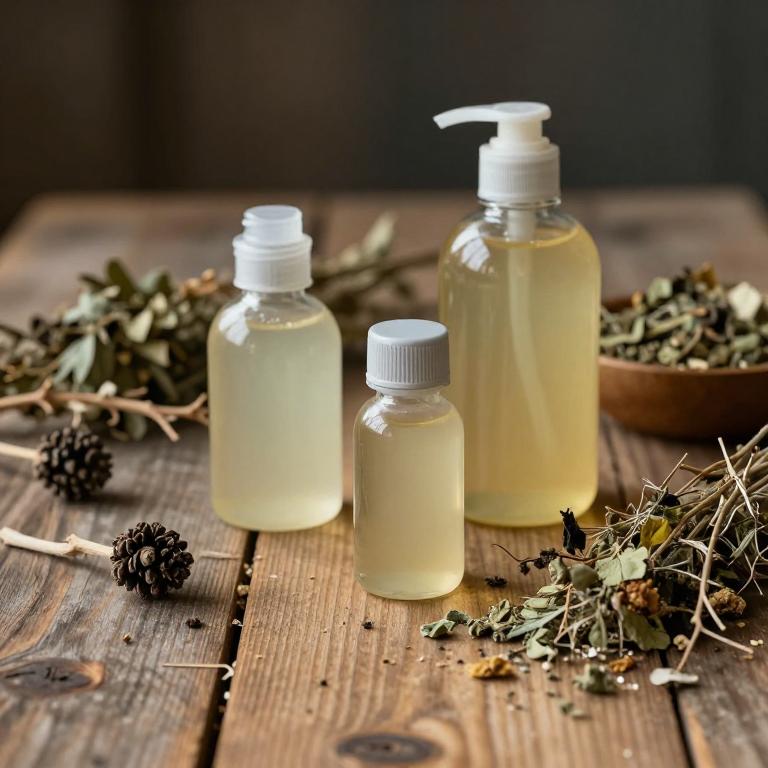
Echinacea purpurea, commonly known as purple coneflower, is a popular herbal remedy often used in natural treatments for gum infections due to its anti-inflammatory and antimicrobial properties.
When formulated into a herbal lotion, echinacea purpurea can provide a soothing effect on inflamed gums, helping to reduce redness and swelling. This topical application may also help inhibit the growth of bacteria that contribute to periodontal disease. While it is generally considered safe for topical use, it is important to consult a healthcare professional before using echinacea-based products, especially if you have known allergies or are pregnant.
As a complementary therapy, echinacea purpurea herbal lotion may support gum health when used alongside proper oral hygiene practices.
4. Ceylon cinnamon (Cinnamomum zeylanicum)

Cinnamomum zeylanicum, commonly known as cinnamon, has been traditionally used for its antimicrobial and anti-inflammatory properties, making it a valuable ingredient in herbal lotions for gum infections.
These lotions often contain essential oils derived from cinnamon bark, which can help reduce bacterial growth in the mouth and alleviate symptoms of gingivitis and periodontal disease. The active compounds in cinnamon, such as cinnamaldehyde and eugenol, work to soothe inflamed gums and promote healing. When applied topically, these herbal lotions offer a natural alternative to conventional treatments, supporting oral hygiene without harsh chemicals.
Regular use of cinnamon-based lotions may help prevent the progression of gum infections and maintain overall dental health.
5. St. john's wort (Hypericum perforatum)
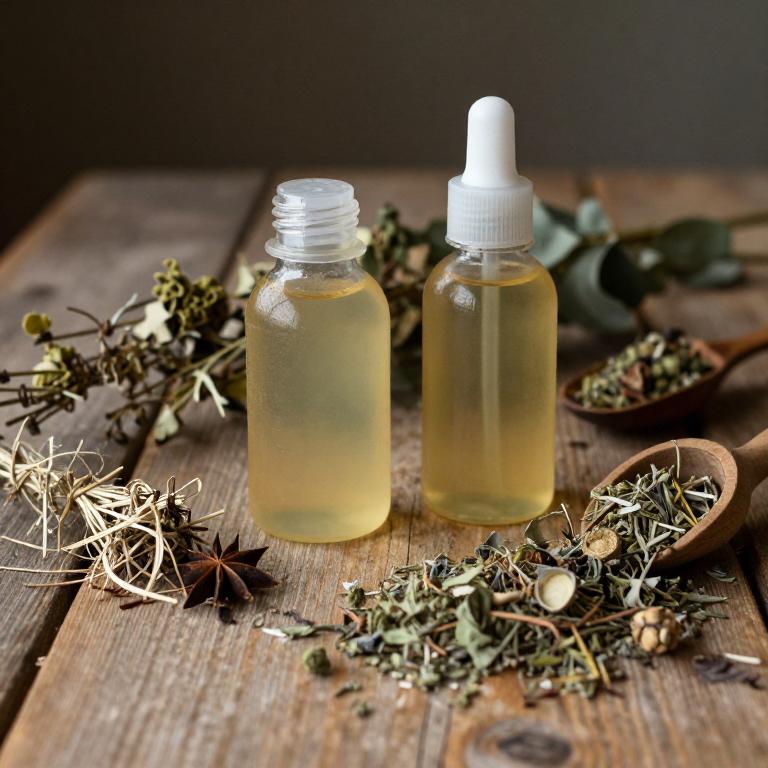
Hypericum perforatum, commonly known as St. John's Wort, is a herbal plant that has been traditionally used for its anti-inflammatory and antimicrobial properties.
While it is well-known for its potential benefits in treating mild depression, recent studies suggest that hypericum perforatum herbal lotions may also have applications in managing gum infections due to their ability to reduce inflammation and inhibit bacterial growth. These lotions can be applied topically to the gums to alleviate symptoms such as redness, swelling, and pain associated with gingivitis or periodontal disease. However, it is important to consult a healthcare professional before using St. John's Wort, as it may interact with certain medications.
Overall, hypericum perforatum herbal lotions offer a natural alternative for supporting gum health, though they should complement, not replace, conventional dental treatments.
6. Ginger (Zingiber officinale)

Zingiber officinale, commonly known as ginger, has been traditionally used for its antimicrobial and anti-inflammatory properties, making it a valuable ingredient in herbal lotions for treating gum infections.
These lotions often contain ginger extract, which can help reduce bacterial growth in the mouth and soothe inflamed gums. The natural compounds in ginger, such as gingerol and shogaol, have been shown to inhibit the growth of harmful oral bacteria that contribute to periodontal disease. Using ginger-based herbal lotions can provide a natural and gentle alternative to conventional treatments, supporting gum health without harsh chemicals.
However, it is important to consult a dental professional for persistent or severe gum infections to ensure proper care and treatment.
7. Rosemary (Rosmarinus officinalis)
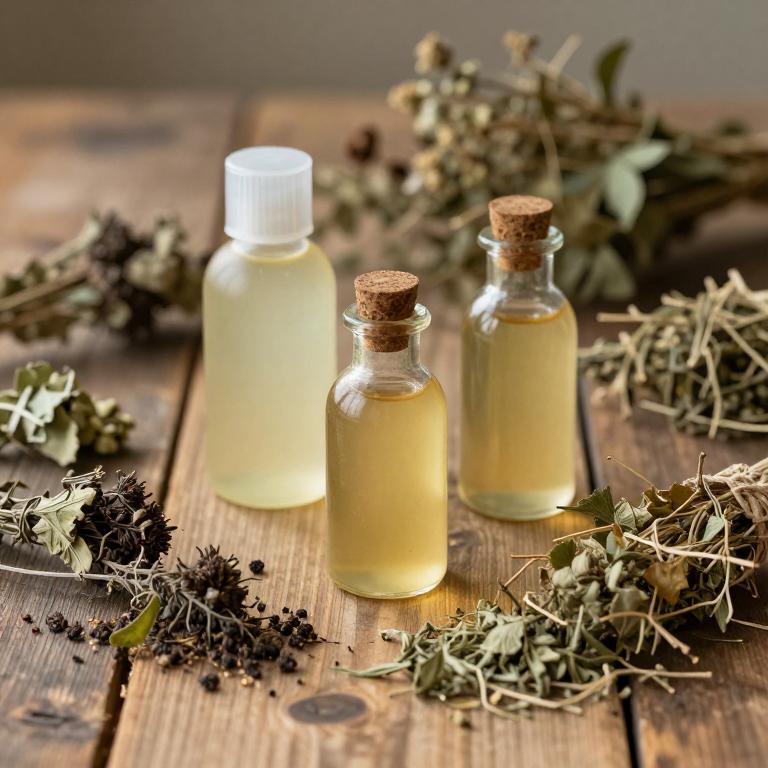
Rosmarinus officinalis, commonly known as rosemary, is a herbal plant that has been traditionally used for its antimicrobial and anti-inflammatory properties.
Rosemary herbal lotions can be beneficial in treating gum infections due to their ability to reduce bacterial growth and soothe inflamed tissues. These lotions often contain essential oils extracted from rosemary leaves, which have been shown to inhibit the growth of harmful oral bacteria. When applied topically, they can help alleviate symptoms such as redness, swelling, and pain associated with gingivitis and periodontitis.
However, it is important to consult with a dental professional before using rosemary lotions to ensure they are safe and effective for individual oral health conditions.
8. Marigold (Calendula officinalis)
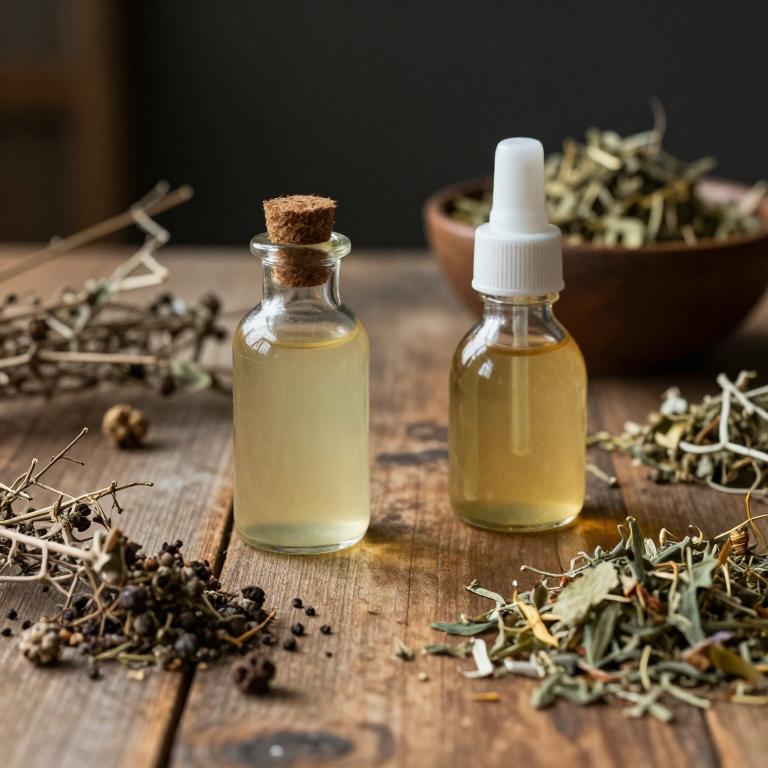
Calendula officinalis herbal lotions are traditionally used for their anti-inflammatory and antimicrobial properties, making them a popular natural remedy for gum infections.
These lotions contain compounds such as flavonoids and triterpenes, which help reduce swelling and combat bacterial growth in the oral cavity. When applied topically, calendula can soothe irritated gums and promote healing, offering a gentle alternative to conventional treatments. However, it is important to consult a dentist for proper diagnosis and treatment, as gum infections may require more intensive care.
While calendula lotions can be a supportive therapy, they should not replace professional dental advice or treatment.
9. Bloodroot (Sanguinaria canadensis)
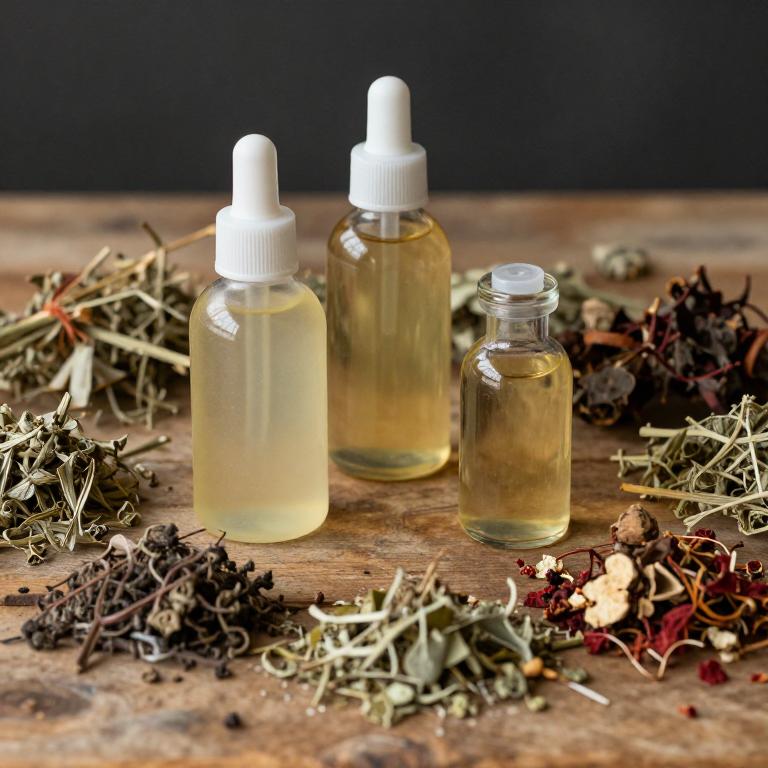
Sanguinaria canadensis, commonly known as bloodroot, has been traditionally used in herbal medicine for its potential anti-inflammatory and antimicrobial properties.
When formulated into a herbal lotion, it may help reduce gum inflammation and combat bacterial infections associated with periodontal disease. The active compounds in bloodroot, such as sanguinarine, are believed to inhibit the growth of harmful oral bacteria, promoting oral health. However, due to its strong potency, it is important to use such lotions with caution and under the guidance of a qualified herbalist or dentist.
While some studies suggest its efficacy, more research is needed to fully understand its safety and effectiveness for treating gum infections.
10. Thyme (Thymus vulgaris)
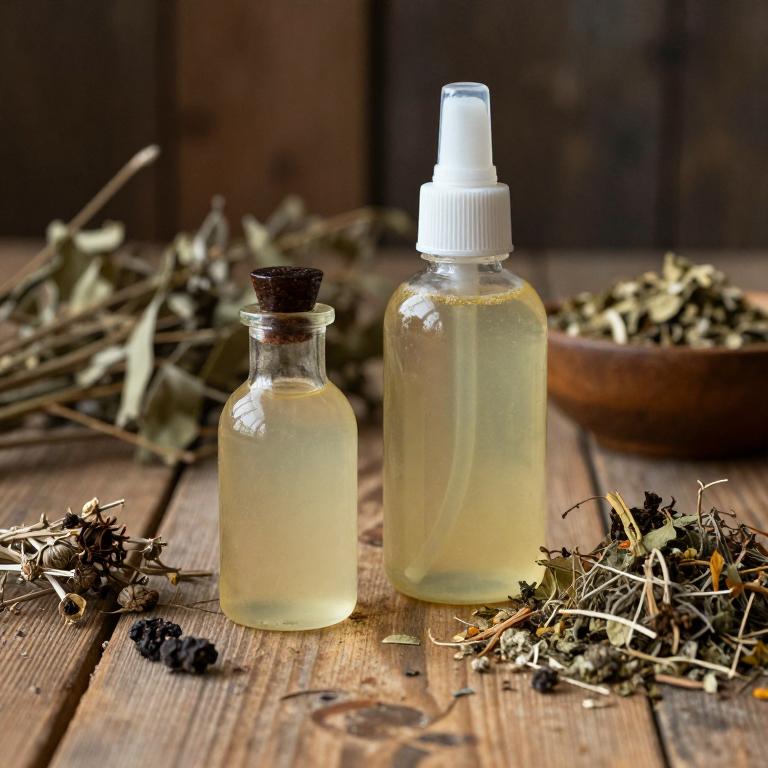
Thymus vulgaris, commonly known as thyme, is a herb widely used in traditional medicine for its antimicrobial and anti-inflammatory properties.
Thymus vulgaris herbal lotions are formulated to target gum infections by leveraging the natural compounds such as thymol and carvacrol, which have been shown to inhibit the growth of bacteria like Porphyromonas gingivalis. These lotions can be applied directly to the gums to reduce redness, swelling, and bacterial buildup, promoting healing and preventing further infection. The soothing and antiseptic qualities of thyme make it a valuable alternative or complementary treatment for individuals seeking natural remedies for gum disease.
Regular use of thymus vulgaris herbal lotions may help maintain oral hygiene and support overall gum health.